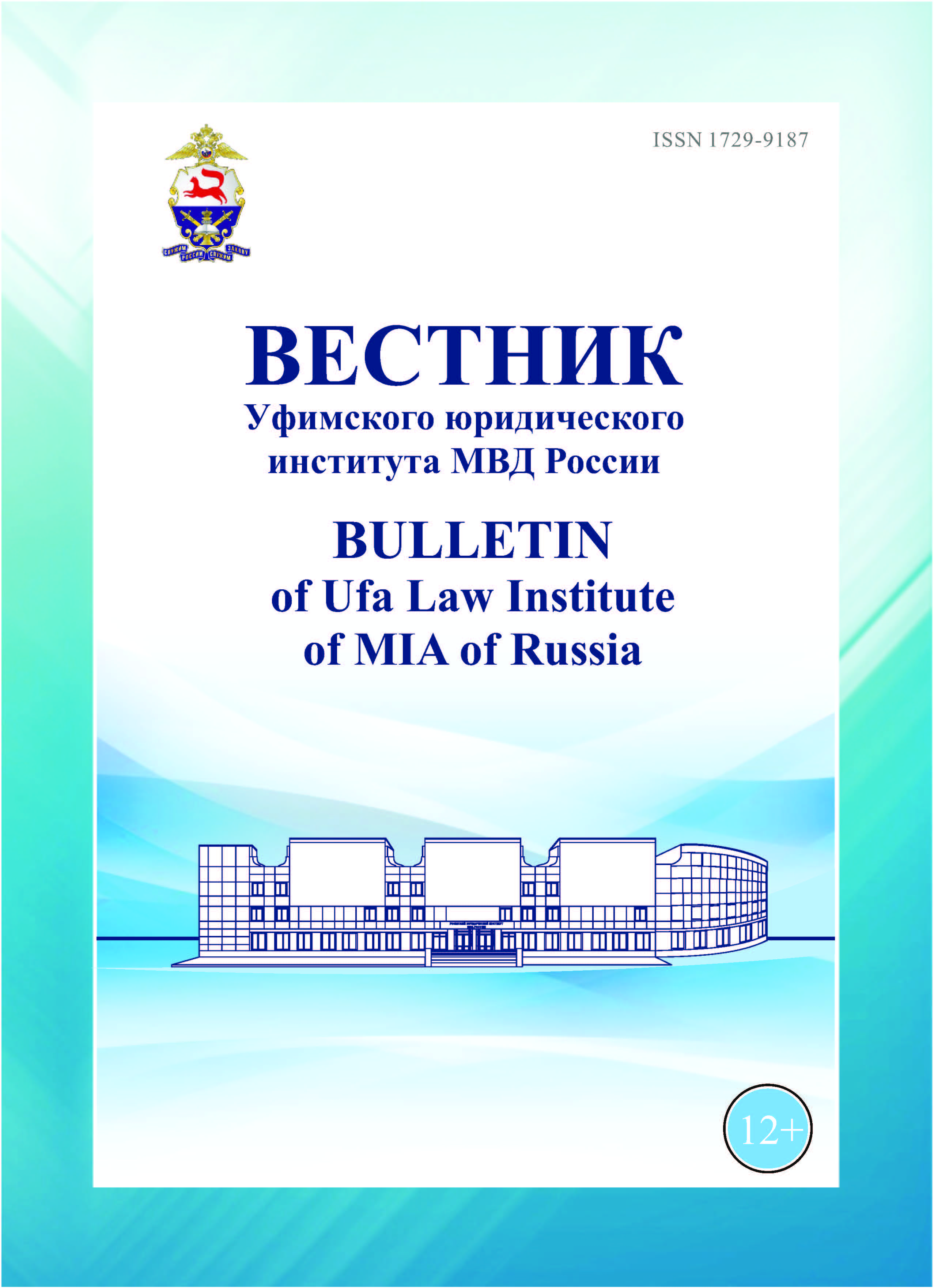Russian Federation
Moscow, Russian Federation
Russian Federation
UDC 37
The article presents a fundamentally new model (indicative basis) of the activi-ties of pedagogical subjects in the prevention of deviant behavior of minors, built on the basis of a situational-environmental approach in pedagogical design. The authors explain the deviant behavior of adolescents by the occurrence in the vital activity of minors of a situation of maladaptation in interaction with the educational environment, the main reason for which is the deformation of the relationship of personality to oneself and one's social environment (destruction of the subject position). Modeling of activities on pedagogical prevention of juvenile deviant behavior is carried out on the basis of methodological regulations of the situational environmental approach, which determines the creation of a personal-developing educational environment for the leading purpose of such prevention, its content is the design of incentives and opportunities for personal growth of a teenager (development of its subject position), and procedural and indicative basis – overcoming by pedagogical subjects the risks of maladaptation in situations of various types (perception, structuring of the environment and identification with an educational environment; free selection of medium components, experimentation in medium and test of its forces; value-meaning orientation, self-presentation, dialogue in the environment; self-affirmation and self-realization in an educational environ-ment).
minor, deviant behavior, pedagogical prevention, educational environment, personality maladaptation situation
1. Selivanova N. L. et al. Evaluation of the quality of education in educational institutions of the city of Moscow: a methodological guide. Moscow: Moscow Center for the Quality of Education, 2010. (In Russ.)
2. Myasishchev V. N. The structure of personality and the relationship of a person to reality // Psychology of personality / ed. Yu. B. Gippenreiter, A. A. Puzyreya. Moscow: Publishing House of Moscow State University, 1982. P. 35–39. (In Russ.)
3. Rean A. A. Risk factors for deviant behavior: family context // National Psychological Journal. 2015. No. 4 (20). P. 105–110. (In Russ.)
4. Nefedova A. V. Psychology of deviant behavior. Vladimir: VlGU Publishing House, 2015. P. 5–8. (In Russ.)
5. Andrunik A. P. Designing a system of preventive educational work in educational institutions of the Ministry of Internal Affairs of Russia // International Journal of Humanities and Natural Sciences. 2020. Vol. 12-2 (51). P. 114–119. (In Russ.)
6. Khodyakova N. V. Pedagogical prevention of destructive behavior of adolescents // Prevention of aggression and destructive behavior of youth: a collection of scientific papers of the All-Russian Scientific and Practical Conference. Moscow, 2022. P. 313–316. (In Russ.)
7. Molodtsova T. D. Psychological mechanisms of adolescent maladaptation // Bulletin of the Taganrog Institute named after A. P. Chekhov. 2009. No. 2. (In Russ.)
8. Burova E. V. To the question of the mechanisms of interpersonal perception // Science and modernity. 2010. No. 1-2. P. 29–33. (In Russ.)
9. Mandrikova E. Yu. Types of personal choice and their individual psychological prerequisites: dis. … cand. psycho. sciences. M., 2006. (In Russ.)
10. Shereshik N. N. Psychological mechanisms of the game and features of their functioning in didactic games // Actual problems of the humanities and natural sciences. 2017. No. 5-2. (In Russ.)
11. Zhuravleva I. A. The phenomenon of personality self-presentation in psychology // Bulletin of the University. 2012. No. 3. (In Russ.)
12. Topolskaya T. A. On the concept of “dialogue” in psychological research // Consultative psychology and psychotherapy. 2012. Volume 20. No. 1. P. 34–63. (In Russ.)
13. Perevozchikova L. S. Constructive self-affirmation of personality as a philosophical problem // Siberian Pedagogical Journal. 2007. No. 1. (In Russ.)
14. Korostyleva L. A. Psychology of personal self-realization: the main spheres of life: dis. … doc. psycho. sciences. St. Petersburg, 2001. (In Russ.)
15. Grishchenko L. L., Demin G. I., Kononova S. N. Formation of the civil position of adolescents on the example of the traditions of the Cossacks // Psychopedagogy in law enforcement agencies. 2018. No. 4 (75). P. 17–21. (In Russ.)
16. Prokhorenko O. I. Formation of the patriotic position of high school students in the process of teaching social disciplines: on the example of social science: dis. … cand. ped. sciences. Tambov, 2007. (In Russ.)
17. Kolesnikova T. A. Formation of the ecological position of students in the process of extracurricular work: dis. … cand. ped. sciences. Astrakhan, 2002. (In Russ.)
18. Gordeeva E. N. Situational and environmental design of the development of aesthetic culture of employees of internal affairs bodies: dis. … cand. ped. sciences. M., 2021. (In Russ.)
19. Serdyuk N. V., Grishchenko L. L., Stolyarenko A. M. Psychological and pedagogical aspects of the prevention of extremism in the youth environment // Psychology and Law. 2018. Volume 8. No. 3. P. 167–178. (In Russ.)












